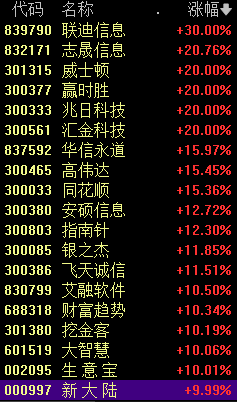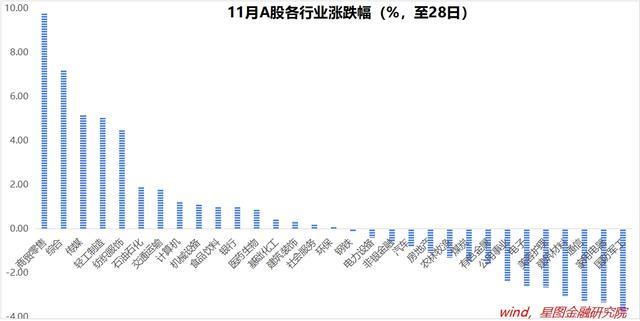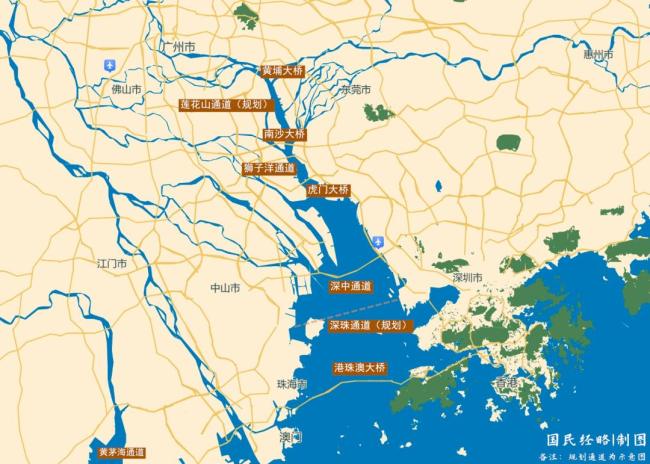报告文学是啥意思
Translating Chinese Reportage Literature into English
Introduction:
Reportage literature, also known as literary journalism, is a genre of writing that combines the techniques of journalism and creative storytelling. Chinese reportage literature has gained significant attention both domestically and internationally in recent years. As a result, there is a growing demand for translating Chinese reportage literature into English. This article will discuss the key considerations and strategies for translating reportage literature effectively.
Understanding the Cultural Differences:
Translating reportage literature requires a deep understanding of the cultural context in both the source and target languages. It is crucial to grasp the unique cultural references, subtleties, and nuances embedded in the original text. This understanding will enable translators to convey the intended meaning accurately and maintain the authenticity of the work.
Maintaining the Author's Voice:
Reportage literature often reflects the author's personal views, emotions, and writing style. Translators must strive to retain the author's voice and capture the essence of their writing. It is important to strike a balance between accurately conveying the text and ensuring it reads naturally in English.

Adapting to Target Language:
While maintaining the author's voice is essential, it is equally vital to adapt the text to the target language. English language and literary conventions may differ from Chinese, requiring adjustments to ensure the translated work is accessible and appealing to Englishspeaking readers. Translators should utilize appropriate idioms, expressions, and literary devices that resonate with the target audience.
Maintaining Fidelity to Facts:
Reportage literature relies heavily on factual information and accurate documentation of events. Translators must uphold the integrity and truthfulness of the original work when translating into English. Careful factchecking and meticulous research are crucial to ensure the accuracy of the translated text.
Managing Linguistic Challenges:
Translating reportage literature can present linguistic challenges due to the complexity and diversity of the genre. The use of jargon, dialects, and specialized terminology requires careful consideration and effective translation strategies. Translators may need to provide explanations or footnotes to ensure readers understand these nuances without compromising the flow of the narrative.
Collaboration with Editors:
Translating reportage literature should involve close collaboration with editors who possess a strong understanding of both the source and target cultures. Editors can provide invaluable guidance in refining the translated text, ensuring it aligns with the intended meaning and style of the original work.
Conclusion:
Translating reportage literature from Chinese into English is a complex and nuanced task. It demands a deep understanding of cultural context, an appreciation for the author's voice, and the ability to adapt to the target language and audience. By employing these strategies, translators can effectively convey the essence of Chinese reportage literature to Englishspeaking readers, fostering crosscultural understanding and appreciation.











